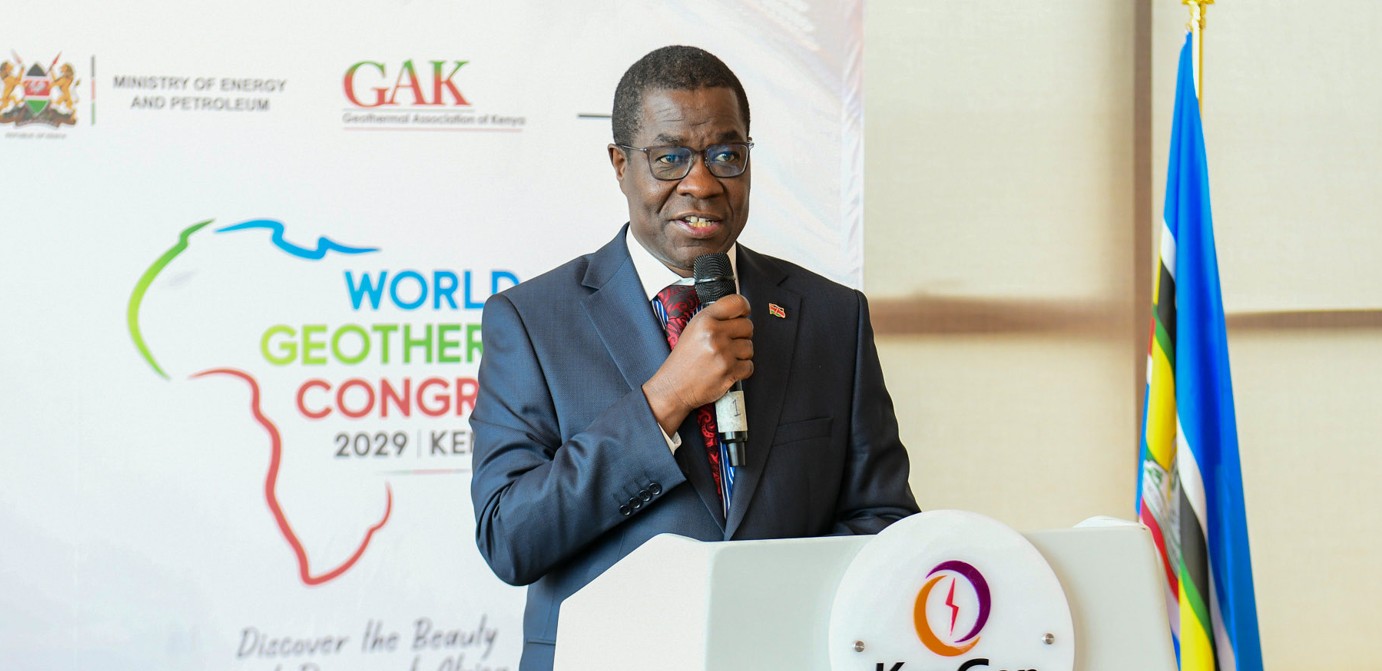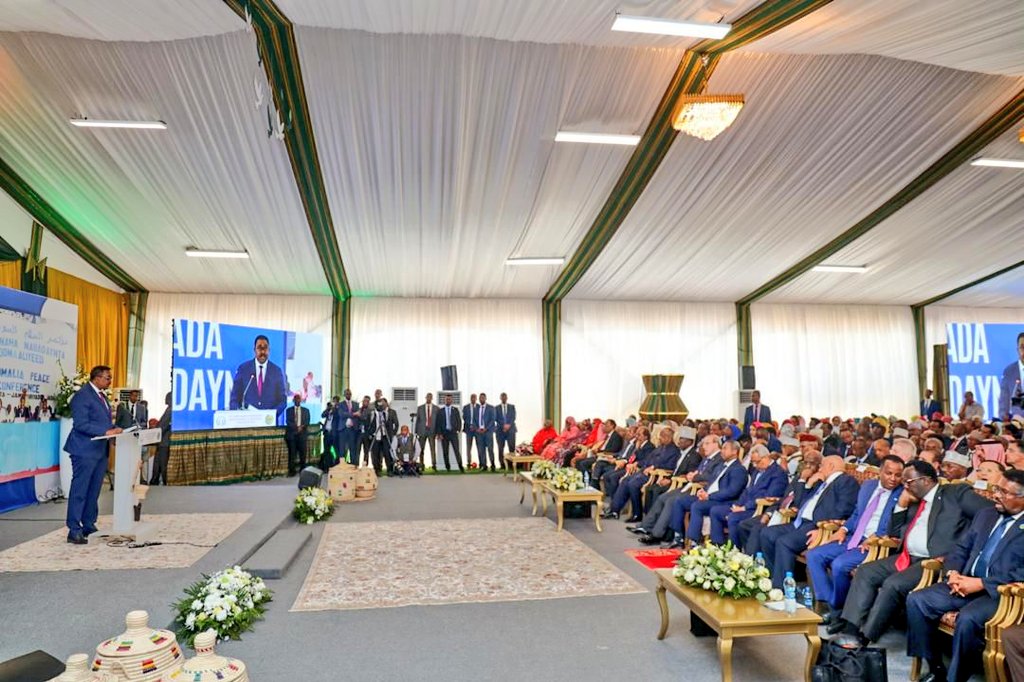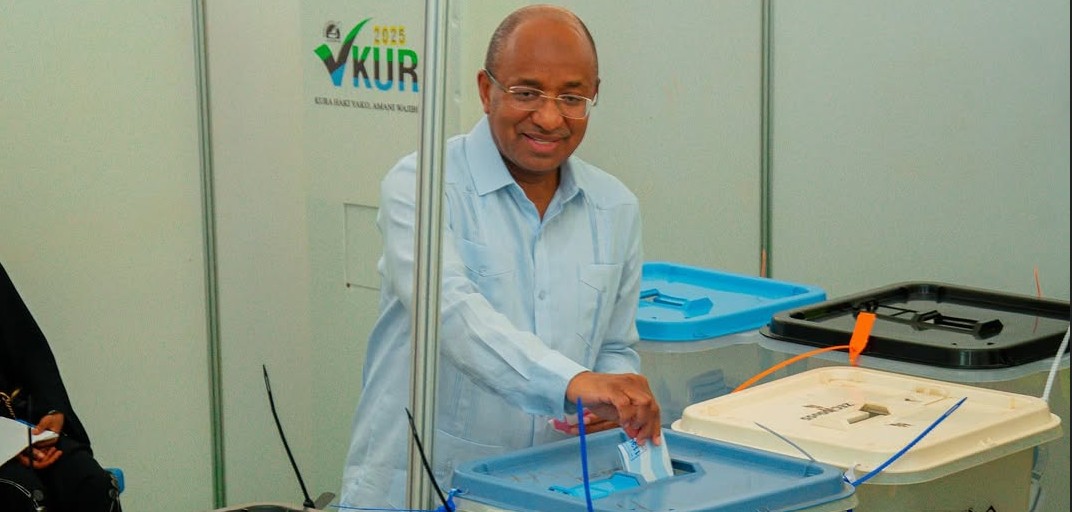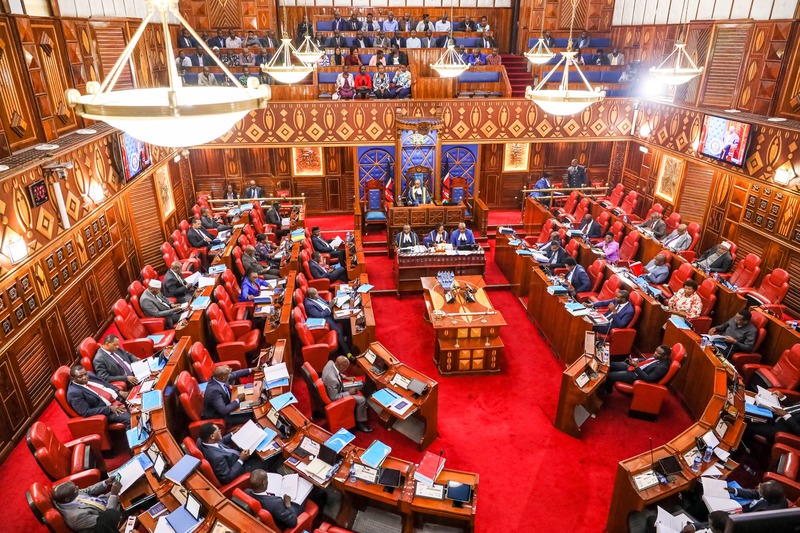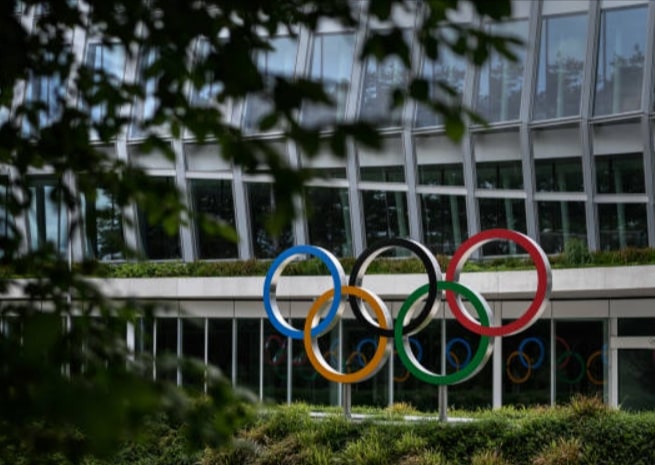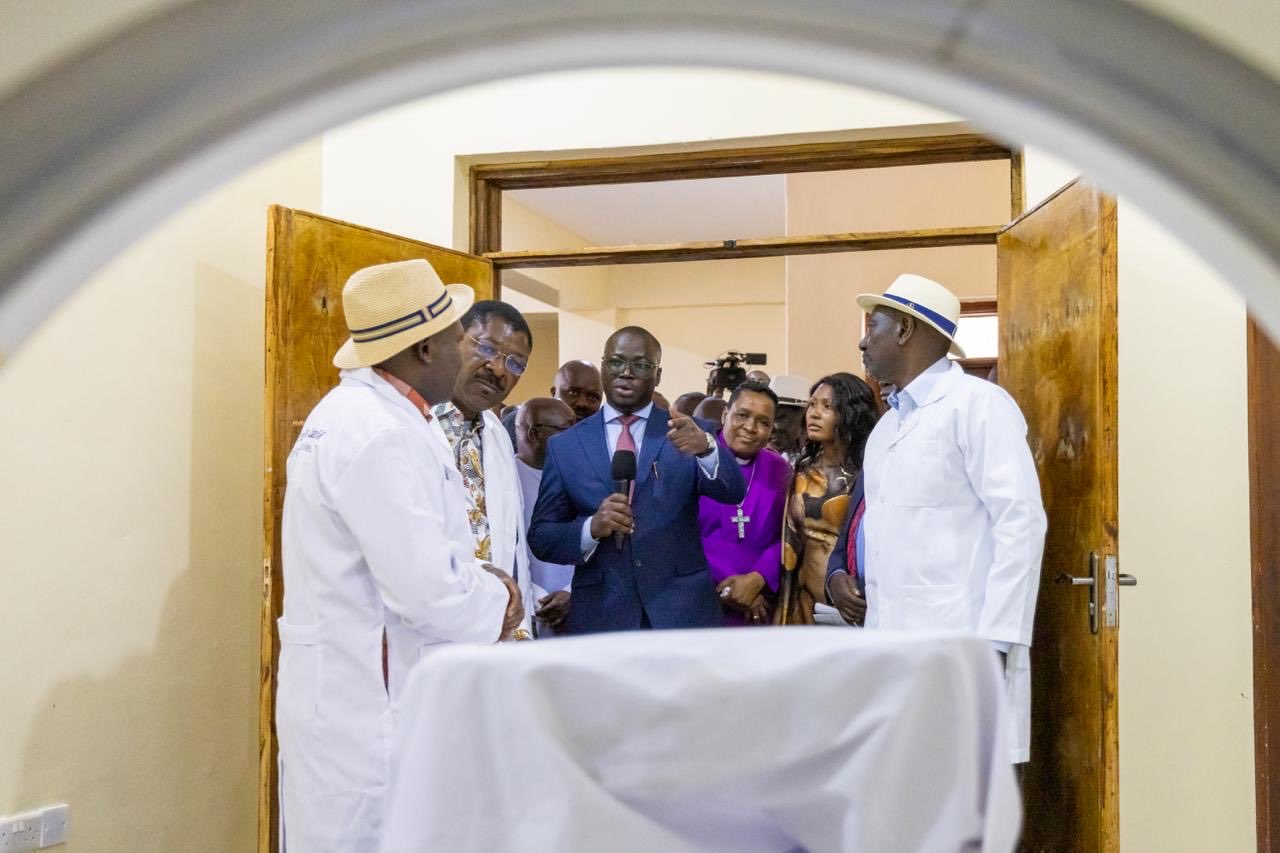President Ruto launches nationwide drive to plant 2 billion tree seedlings each year
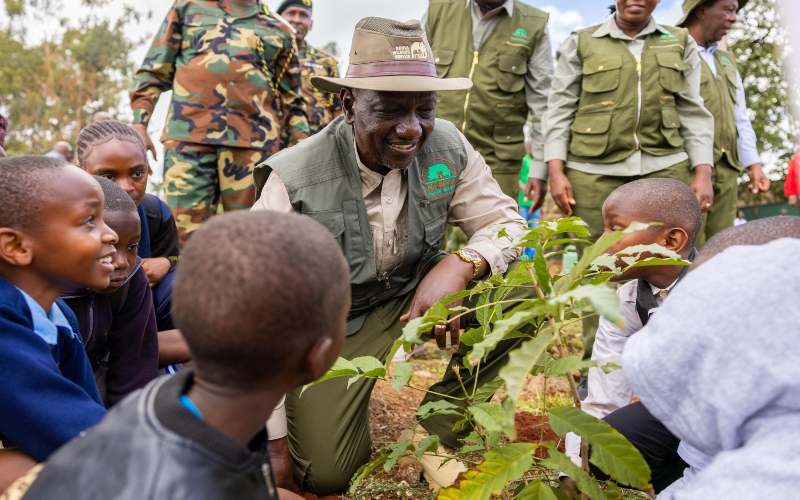
The initiative is part of a wider national strategy linking environmental conservation to food security. President Ruto explained that Kenya has relied heavily on imported food because domestic production has not met demand.
President William Ruto has announced an ambitious program during Mazingira Day to plant two billion tree seedlings each year to tackle the persistent shortage of seedlings and strengthen Kenya’s reforestation efforts.
The project will involve 15,000 national service personnel working alongside the Kenya Forest Service (KFS) to revive 300 nurseries nationwide. In addition, 17 mega nurseries will be set up across the country’s different ecological zones to ensure a consistent supply of seedlings for fruit, timber, shade, and other commercial purposes.
More To Read
- Raila Odinga mastered the art of political compromise for the good of Kenya
- Kenya appoints Severine Luyali as new Chief of Protocol
- Court told President Ruto not complainant in X post case against David Mokaya
- President Ruto outlines four Raila-inspired pillars to drive Kenya’s growth
- Raila Odinga’s life offers five key lessons to guide Kenya’s future - President Ruto
- Raila was a political engineer, and I was his student- Ruto
“Let us grow trees that way. We can be sure that what we are planting all the way will grow into trees for fruits, for shade, for timber and for all the other commercial uses that we want to use for these trees,” Ruto said at State House, Nairobi, emphasising the multiple benefits of the program.
The initiative is part of a wider national strategy linking environmental conservation to food security. President Ruto explained that Kenya has relied heavily on imported food because domestic production has not met demand.
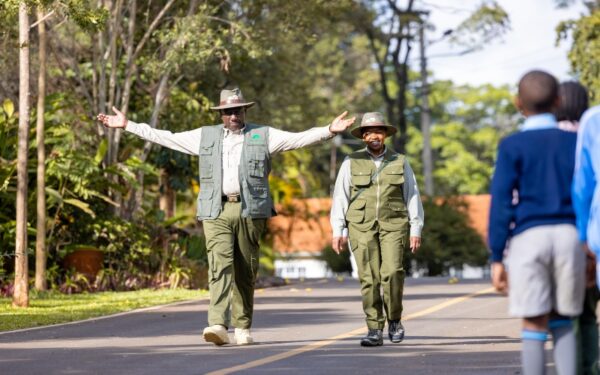 President William Ruto and First Lady Rachel Ruto welcome pupils for tree planting at State House, Nairobi, to mark Mazingira Day on October 10, 2025. (Photo: PCS)
President William Ruto and First Lady Rachel Ruto welcome pupils for tree planting at State House, Nairobi, to mark Mazingira Day on October 10, 2025. (Photo: PCS)
“We have done interventions in the last three years. We’ve made fertiliser available, and we’ve improved the quality of seeds. We have removed brokers and cartels that were disturbing our agricultural sector. We have found new markets for our exports of agricultural produce,” he said.
The reforestation drive is also designed to support irrigation and water conservation efforts.
By planting more trees, the President noted, water catchment areas will be restored, rainfall patterns will improve, and more water can be harvested for irrigation.
This, in turn, will boost domestic food production and reduce reliance on imports while creating surplus for export markets, including the European Union (EU), the US, China, and regional partners.
“This is not an isolated exercise. It is an exercise that is combined with the whole transformation of not just the environment but food security, exports for our products, creating jobs in our value addition programs and agro processing programs,” Ruto said.
The President added that the initiative will also contribute to wealth creation and the broader goal of transforming Kenya into a more prosperous nation.
The project represents a coordinated effort between the KFS and the National Youth Service (NYS), ensuring that every forest station in the country participates in producing and distributing seedlings.
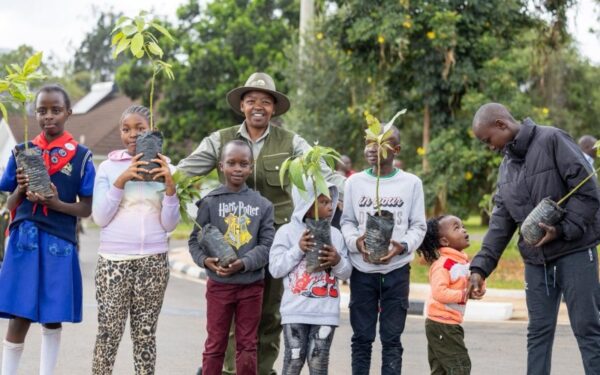 First Lady Rachel Ruto poses for a photo with a section of pupils who attended the tree planting event at State House, Nairobi, on October 10, 2025. (Photo: PCS)
First Lady Rachel Ruto poses for a photo with a section of pupils who attended the tree planting event at State House, Nairobi, on October 10, 2025. (Photo: PCS)
By integrating environmental conservation with economic development and food security, the initiative aims to provide long-term benefits for both people and nature.
Mazingira Day
Celebrated annually on October 10, Mazingira Day was previously known as Utamaduni Day, and before that, as Moi Day, in honour of former President Daniel arap Moi.
The renaming of Utamaduni Day to Mazingira Day occurred in April 2024, following President Ruto's approval of the Statute Law (Miscellaneous Amendments) Bill.
The Bill amended the Public Holidays Act (Cap. 110) to officially replace Utamaduni Day with Mazingira Day, marking it as a public holiday to be observed every October 10.
According to a statement accompanying the amendment, this change was part of the government's ongoing efforts to promote environmental protection and conservation.
"The Bill modifies the Public Holidays Act to substitute Utamaduni Day with Mazingira Day, a public holiday celebrated on October 10 annually. This adjustment is aimed at supporting the government's environmental protection and conservation initiatives," the brief explained.
Under the new law, Mazingira Day encourages all Kenyans to actively participate in environmental conservation efforts, including tree planting, as part of the broader goal to restore the country’s forest cover.
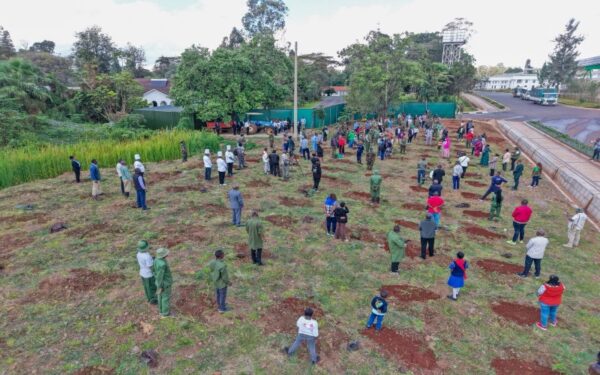 Aerial view of some of the trees planted at State House, Nairobi, to mark Mazingira Day on October 10, 2025. (Photo: PCS)
Aerial view of some of the trees planted at State House, Nairobi, to mark Mazingira Day on October 10, 2025. (Photo: PCS)
This initiative aligns with the government's ambitious target of planting 15 billion trees by 2032, which is a key element of its strategy to combat climate change.
The history of this holiday traces back to Moi Day, initially established to honour the legacy of President Moi. However, following the 2010 Constitution, Moi Day was removed from the list of national holidays.
In 2017, the High Court ruled that the removal was unconstitutional, ordering the government to reinstate it as a public holiday. Two years later, on December 19, 2019, the Cabinet approved a renaming of Moi Day to Huduma Day, reflecting a shift towards celebrating community service and national unity.
In 2020, Interior Cabinet Secretary Fred Matiang’i gazetted the day as Utamaduni Day, emphasising the celebration of Kenya’s cultural diversity. Finally, in 2024, President Ruto’s administration rebranded the holiday as Mazingira Day, marking a national call to environmental action.
Top Stories Today







